The inconvenient truth of Libya's peace deal and the Gaddafi loyalists and revolutionary militias it ignores
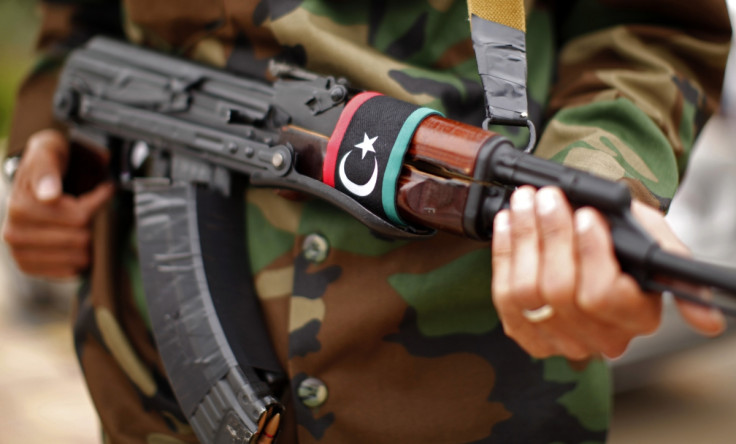
The international community has put its faith in a UN-brokered peace agreement, penned in Skhirat in December, to end Libya's unravelling civil war and the myriad problems the country's spiral into anarchy has placed on Europe's doorstep.
"We know from Iraq that Daesh builds on these kinds of former regimes and these disenfranchised groups"
- Hafed al-Ghwell
Of those problems, a flourishing Islamic State franchise on the south coast of the Mediterranean has spurred world leaders into action. The US and European governments have emphatically welcomed the Skhirat agreement. The formation of a unity government, above all else, is a precondition for an international intervention in Libya to which both Italy and Britain have pledged troops.
Since the start of the new year the Islamic State has carried out some of its most audacious attacks in Libya. Reuters news agency reported as many as 65 were killed in a suicide bomb attack in the coastal town of Zliten on 7 January with local media reporting more than 100 wounded in the blast. The attack was followed less than 12 hours later by a second suicide attack, killing seven to the east.
Fires raged at seven fuel storage depots at Libya's Sidra and Ras Lanuf oil terminals following an Islamic State attack which began three days ealier. The militant group has shown from its Sirte stronghold, where it has carried out a series of beheadings and other public executions which have become its calling card throughout the region, that it can strike at Libya's most important infrastructure and its urban centres.
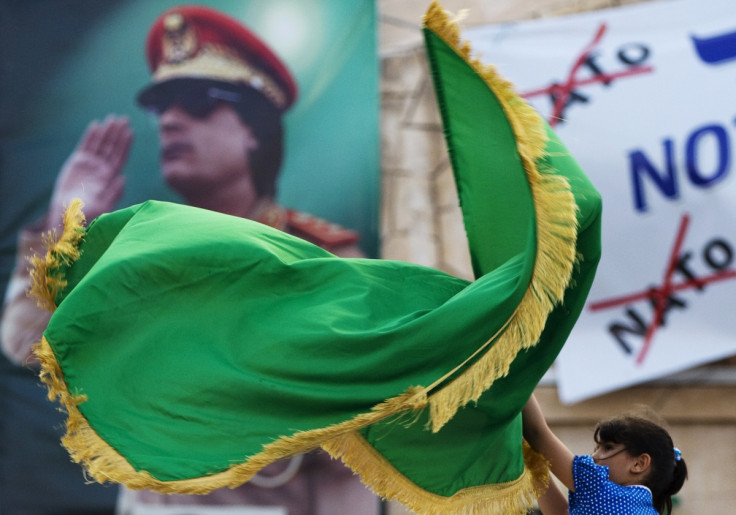
Martin Kobler, the UN envoy who brokered Libya's peace deal, has urged action in the wake of the attacks. "Every wasted day in failure to implement the Libyan Political Agreement is a day of gain for Daesh (Isis)," he wrote in a statement following the attacks on Libya's oil ports.
However, Libya analyst and Senior Fellow at the Atlantic Council's Rafik Hariri Centre Hafed al-Ghwell places little faith in the peace accord because it fails to represent one of the largest maligned groups in Libya's civil war: the tribes and figures associated with the country's former leader Muammar Gaddafi.
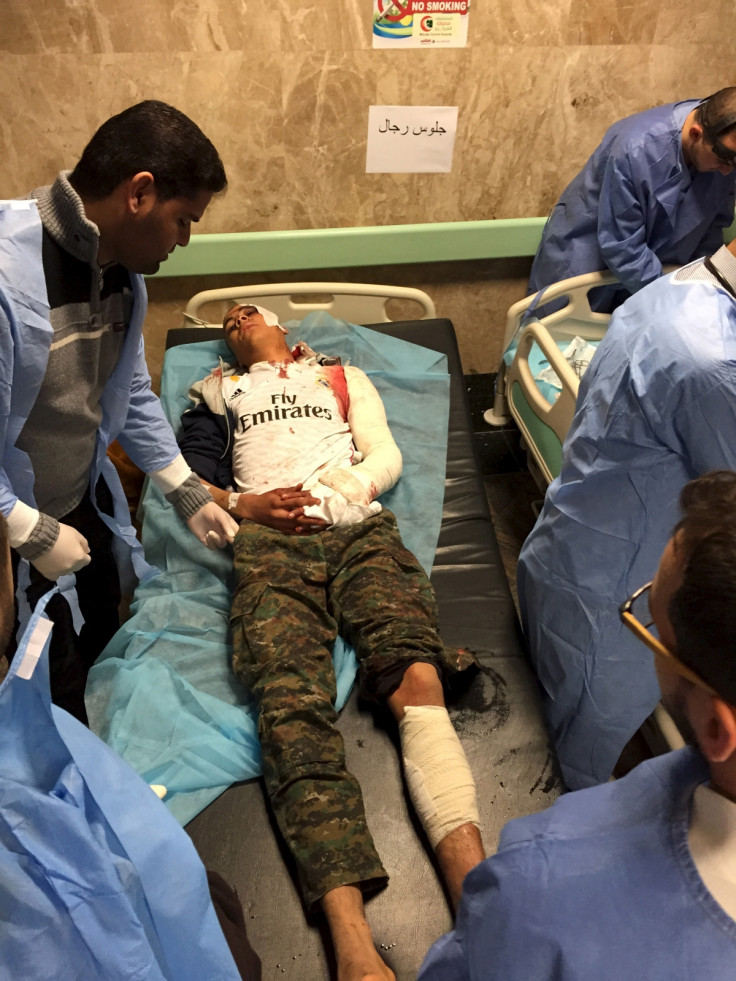
In an interview with IBTimes UK Ghwell explained by not including former regime members, the international community was only making them more likely to dismantle the peace process. He added it was no coincidence IS's power was currently being projected from Sirte, the last city held by the regime during the revolutionary war.
"You plant the future cycle of violence and that has already happened with the Daesh appearance in Sirte. We know from Iraq that Daesh builds on these kinds of former regimes and these disenfranchised groups," he said.
Ghwell was exiled from Libya for speaking out against the Gaddafi regime in the US but is also on record expressing support for Ahmed Gaddaf al-Dam, the former leader's cousin and aid. He explained that as well as Gaddaf al-Dam, who still has support particularly in the east, around one million supporters of the former regime remain in exile.
"Once you decide you want to pursue the option of figuring out a dialogue and reconciliation between warring parties you really need to include all the major ones. You cannot pick and choose," he explained.
Ghwell said conditions on the ground in Libya were well suited to an international intervention while the make up of Libya meant Isis would struggle in the country. "The environment – irrespective of everything else – is not cohesive for them to spread in a social way," he said.
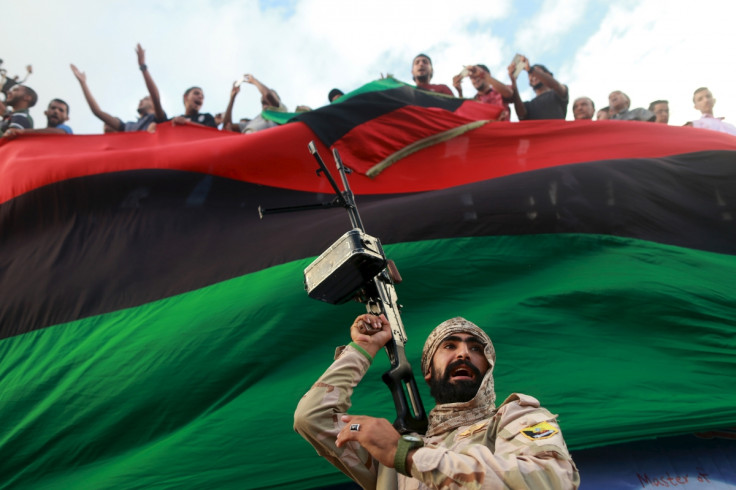
"The tribal, religious and ethnic make up of the country is not like Syria or Iraq and therefore they use brutality to achieve their goals but over the last year they have only been in certain areas like Beni Walid and Sirte which were the tribal strongholds of Gaddafi and in the east, the areas of the Awlad Ali Tribes which were also linked to Gaddafi," he exaplined.
While those who used to hold power in Libya have been shut out of the peace process, so too are those who hold power on the ground. The prevalence of armed groups in Libya, the remnants of the country's revolution against Gaddafi, has been identified as one of the principal reasons for the country's current instability.
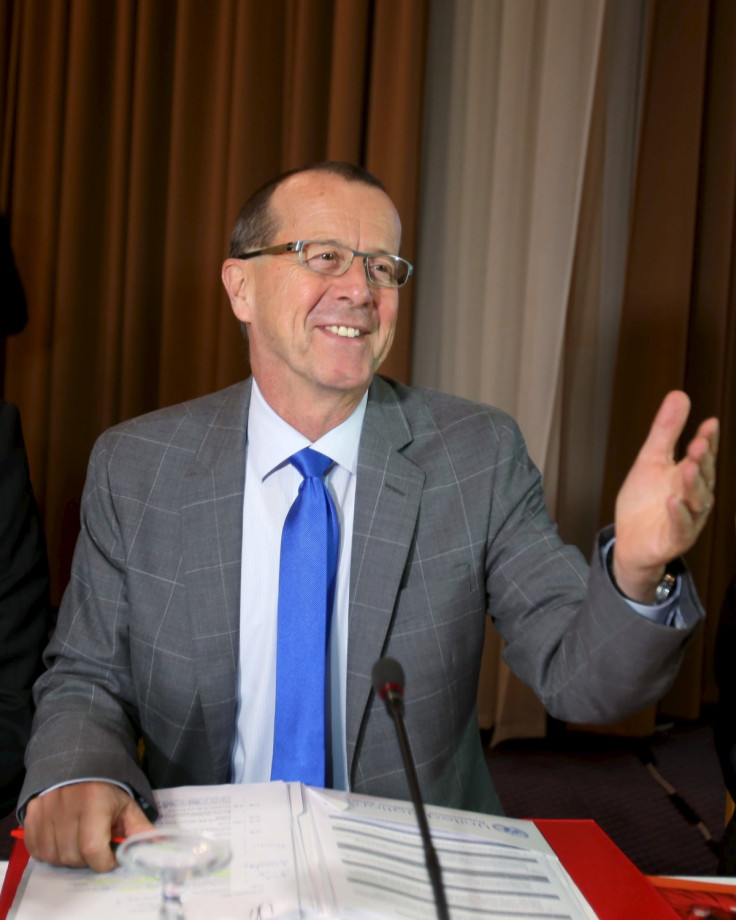
Mustafa El Sagezli, one of the key individuals charged with their integration at the end of the revolution, told IBTimes UK keeping the leaders of those groups away from the negotiating table would not end in a sustainable peace.
""It's vital that the peace talks include all Libyan factions and groups in order for them to be meaningful and respected by all parties, and for solutions to be sustainable," he said" However, Libya isn't just ruled by political factions, it's also currently ruled by arms. The challenge for us all, and a future unity government, is to also bring armed groups into the heart of the dialogue. Giving them a political voice will help give them a stake in the solution; side lining them will only maintain the violent status quo," he added
The UN has given Libya's divided factions a 30 day window to form a government of national accord. When that deadline runs out on 16 January, Libya's two rival governments will – at least as far as the international community is concerned – cease to have any claim to sovereignty.
© Copyright IBTimes 2025. All rights reserved.






















